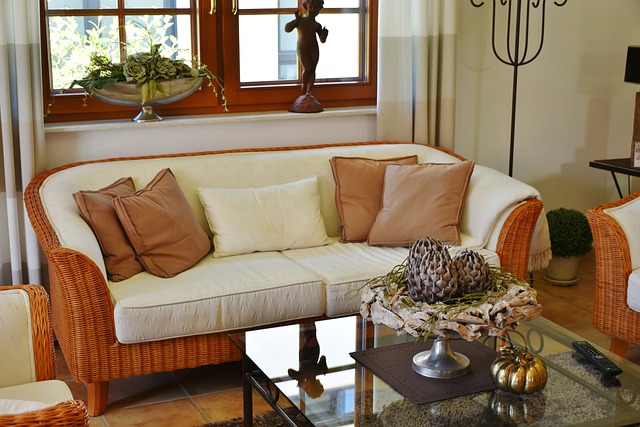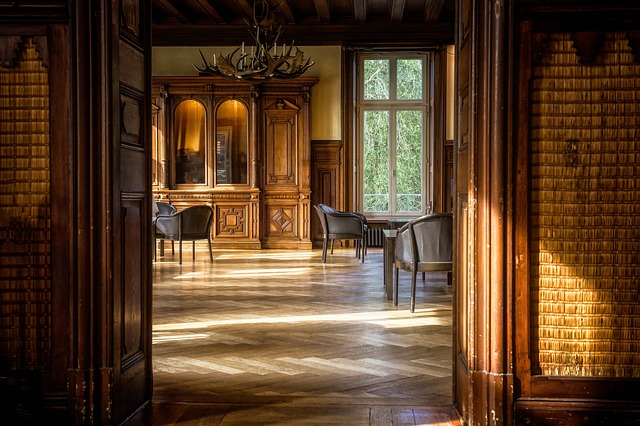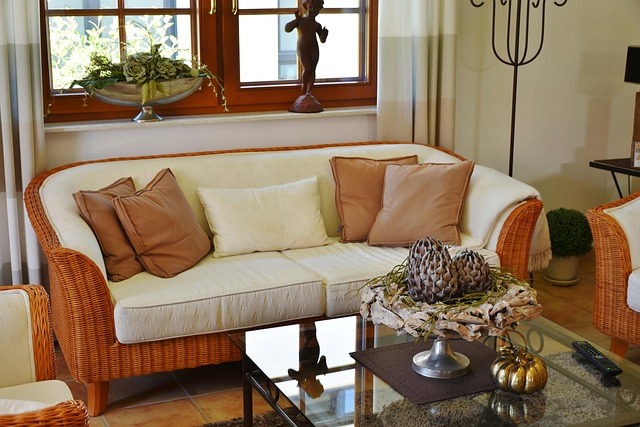College students strive to balance their vibrant social lives with personal downtime, emphasizing the importance of comfortable living spaces that respect privacy. Ideal housing offers a mix of communal areas and private nooks, while thoughtful design caters to student living tips, enabling them to maintain this harmony. Prioritizing individual bedrooms, quiet zones, and off-campus neighborhoods in housing choices helps create an environment for academic success and healthy social engagement. Establishing boundaries, efficient time management, and joining aligned clubs contribute to a balanced college experience, focusing on the coexistence of student social life and privacy.
In college, students often face a delicate dance between embracing social life and cultivating moments of solitude. Balancing these dual aspects is crucial for overall well-being and academic success. This article explores the importance of both personal space and meaningful connections, offering insights on creating comfortable living environments that accommodate privacy and provide a foundation for healthy student interactions. Discover practical tips for navigating social engagements while maintaining dedicated personal time, ensuring a fulfilling college experience.
- Understanding the Need for Solitude and Social Interaction in College
- Creating a Comfortable Living Space that Respects Privacy
- Navigating Student Housing Options: Prioritizing Privacy
- Tips for Balancing Social Life and Maintaining Personal Time as a Student
Understanding the Need for Solitude and Social Interaction in College

In college, students often face a delicate dance between seeking solitude and immersing themselves in a vibrant social life. While academic pursuits and extracurricular activities foster growth, both personal and social, it’s essential to recognize that students also require moments of tranquility and privacy. Understanding the need for solitude is vital for mental health and well-being; it allows students to recharge, reflect, and maintain their sense of self. In a bustling college environment where social interactions are abundant, carving out time for solitary pursuits can be rejuvenating.
On the other hand, social life plays an integral role in the overall college experience. Building friendships, joining clubs, and engaging with peers contribute to a student’s sense of belonging and community. Balancing privacy and social involvement is key; comfortable living spaces, whether on-campus dorms or off-campus housing with privacy considerations, can provide students with a sanctuary where they can retreat to after social engagements. Student living tips often emphasize the importance of creating personal space, setting boundaries, and managing time effectively to ensure both solitude and meaningful social interactions are achievable during this transformative phase of life.
Creating a Comfortable Living Space that Respects Privacy

In college, students often juggle a rich social calendar with the need for personal space and downtime. Creating a comfortable living space that respects privacy is a crucial part of balancing this dynamic. This involves more than just having a designated bedroom; it’s about fostering an environment where one can retreat to rejuvenate, study, or simply think without interruptions.
Student housing options should ideally offer a blend of communal areas for social interactions and private nooks for solitude. This could mean incorporating elements like noise-cancelling curtains, well-placed bookshelves, or even a small desk in a corner where students can focus without being disturbed. Such thoughtful design choices cater to the student living tips needed to balance social life and respect one’s privacy within the confines of a shared space.
Navigating Student Housing Options: Prioritizing Privacy

Navigating Student Housing Options: Prioritizing Privacy
When choosing a place to live on campus, students often face a delicate balance between wanting a social environment and securing comfortable living spaces that offer much-needed privacy. Finding the right housing option can significantly contribute to a successful college experience by catering to both social needs and personal downtime. Consider looking for accommodations with features designed to promote privacy, such as individual bedrooms, private bathrooms, or designated quiet zones. These elements allow students to retreat from bustling social scenes and focus on studying, resting, or simply enjoying some much-needed me-time.
Student living tips include exploring housing options that offer a sense of seclusion within a broader community setting. This could mean choosing a suite or apartment with less common areas, selecting a floor in a residence hall with fewer residents passing by, or even opting for off-campus housing in quieter neighborhoods. Prioritizing privacy during the housing search empowers students to create an environment conducive to both their social life and academic success.
Tips for Balancing Social Life and Maintaining Personal Time as a Student

Maintaining a healthy balance between socializing and having personal time is essential for students to thrive in college. One effective strategy is to establish clear boundaries from the start. Students should communicate their needs with roommates and suitemates, setting aside specific times for study, relaxation, and social activities. Comfortable living spaces that offer privacy can greatly aid in this balance; consider choosing housing with individual rooms or shared spaces designed for quiet time.
Additionally, students can implement practical living tips to optimize their schedule. Prioritizing tasks, utilizing downtime efficiently, and joining clubs or organizations aligned with personal interests can ensure fulfilling social interactions without overwhelming academic responsibilities. Building a routine that incorporates both social engagement and me-time will contribute to a more balanced and satisfying college experience.






